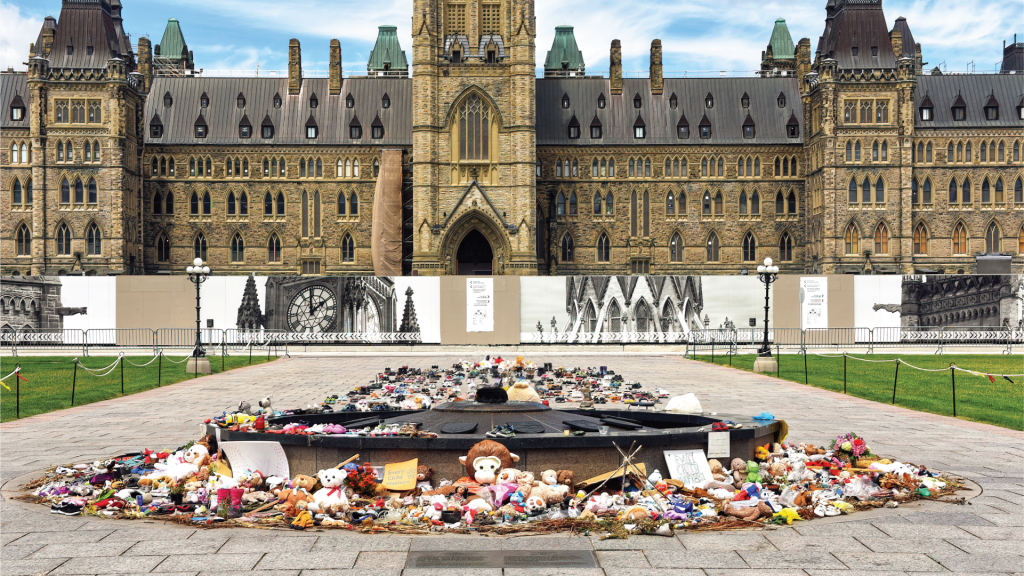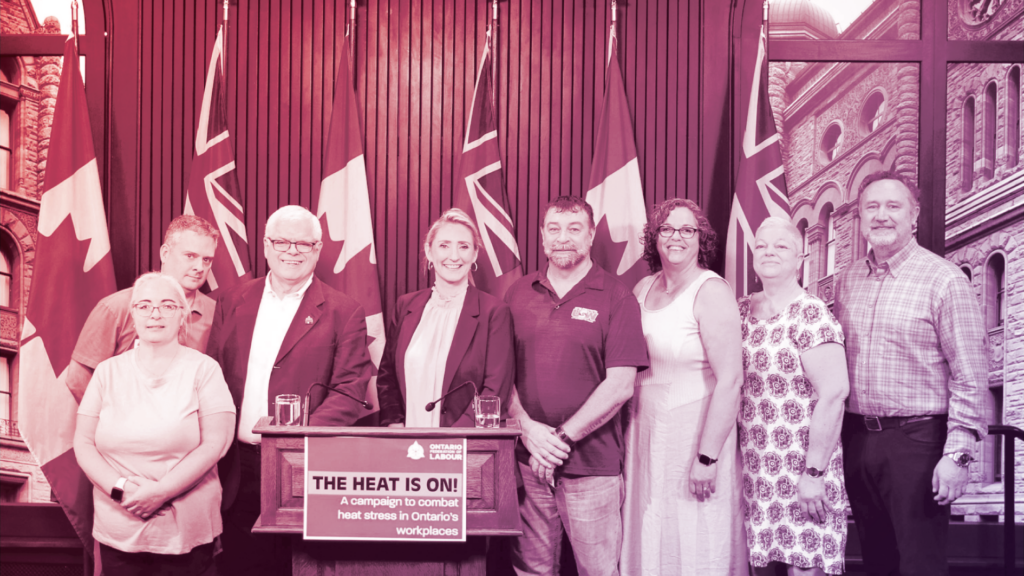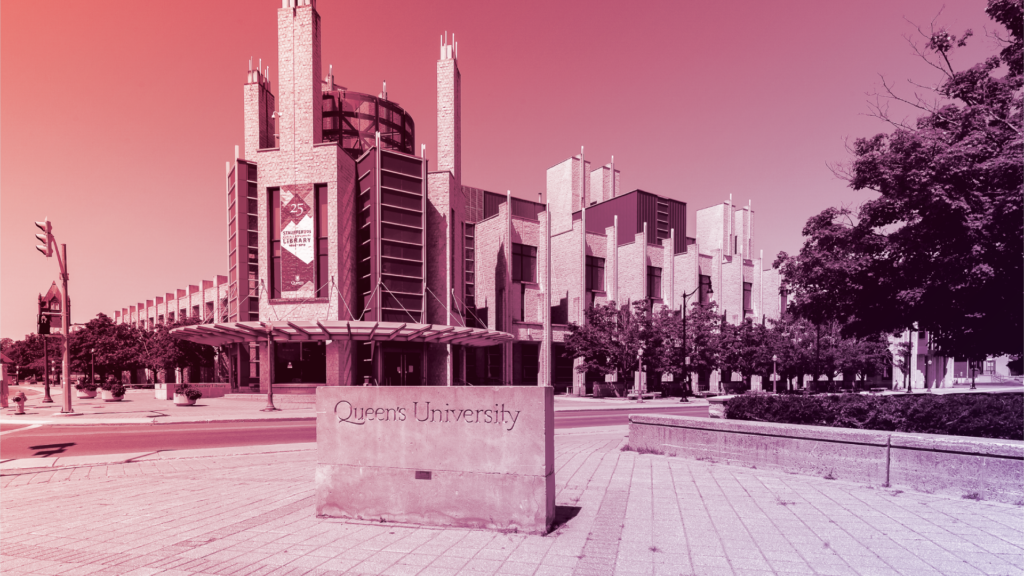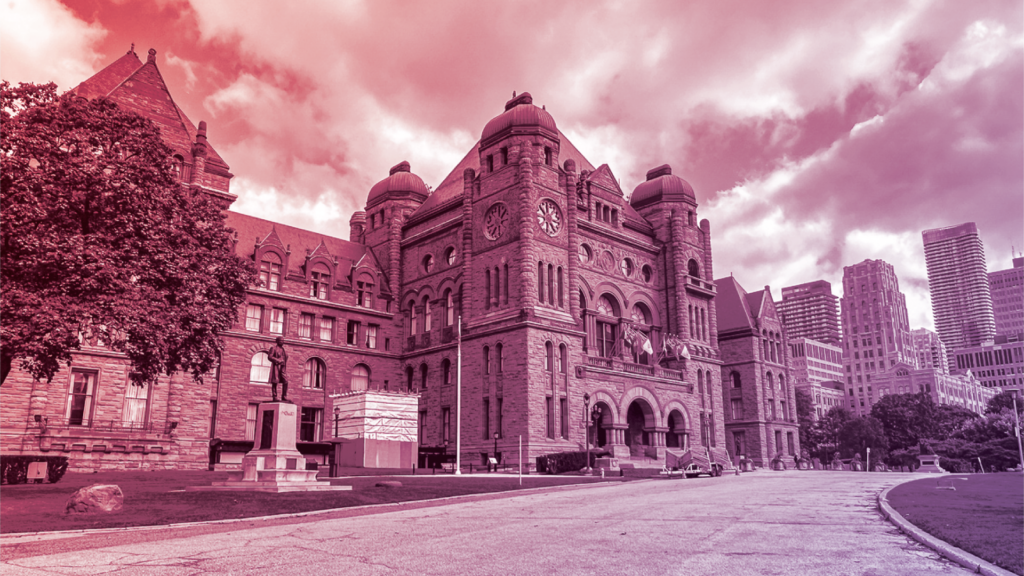
Thursday, September 30 will mark the first National Day for Truth and Reconciliation. As the impacts of colonialism continue to this day, the Ontario Federation of Labour urges settlers and those that who are not part of First Nations, Métis, and Inuit communities, to make a plan for September 30 to learn, unlearn, and reflect.
This year has been particularly difficult for First Nations, Métis, and Inuit families and communities, as the remains of thousands of children continue to be uncovered on the grounds of residential schools. These confirmations have had a profound impact on survivors and the families and communities that continue to experience the intergenerational trauma caused by these institutions.
For settlers, and those who are not part of First Nations, Métis, and Inuit communities, these confirmations must continue to serve as an ongoing call to examine how genocide continues to this day in Canada and take action to address this reality. The number of unmarked graves has climbed to over 1300 since the remains of 215 children were uncovered at Kamloops Indian Residential School in May. As this number grows, it must remain an issue in the national spotlight and leaders must be held accountable for the atrocities that were swept under the rug for far too long.
In preparation for September 30, it is also important to remember that residential schools are only one part of ongoing colonialism. There is an epidemic of Missing and Murdered Indigenous Women, Girls, and Two-Spirit people. Dozens of First Nations communities lack clean drinking water. There is a disproportionate number of Indigenous children in foster care. Six years after the completion of the Truth and Reconciliation Commission none of the 94 Calls to Action have been completed. Two years after the National Inquiry into Missing and Murdered Indigenous Women and Girls real action still needs to be taken to address the 231 Calls for Justice.
As a colonial nation, Canada has a long way to go to address the legal, systemic, and normalized racism rooted in the fabric of this country. The first National Day for Truth and Reconciliation should serve as a time for reflection and acknowledgement of this history and its present-day implications.
Resources to get started:


